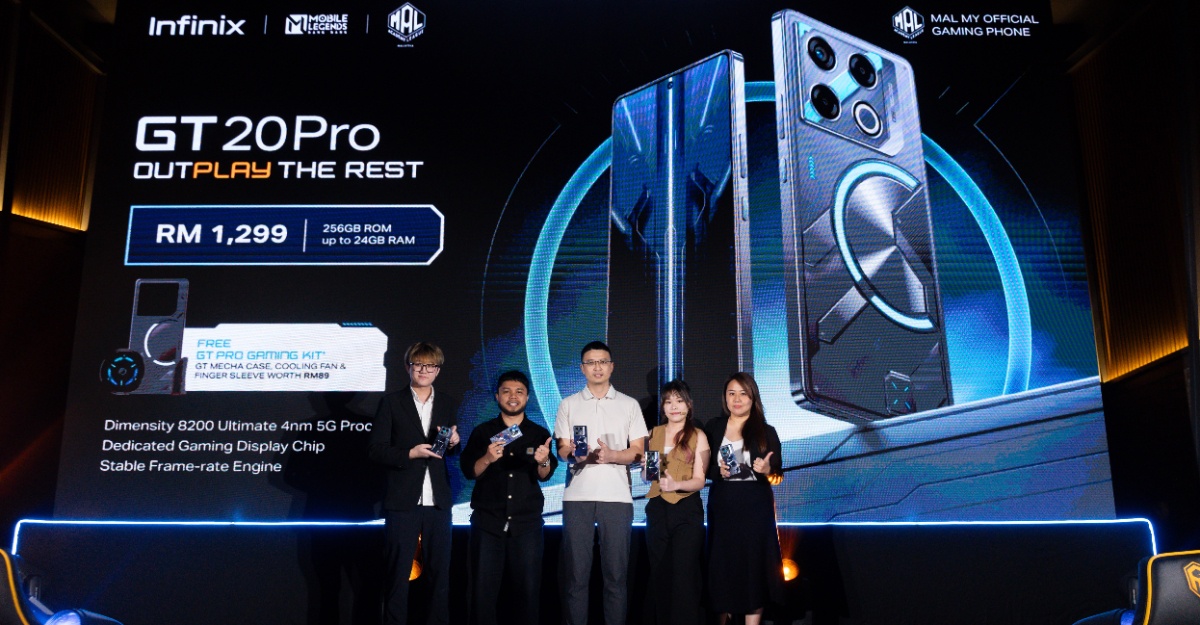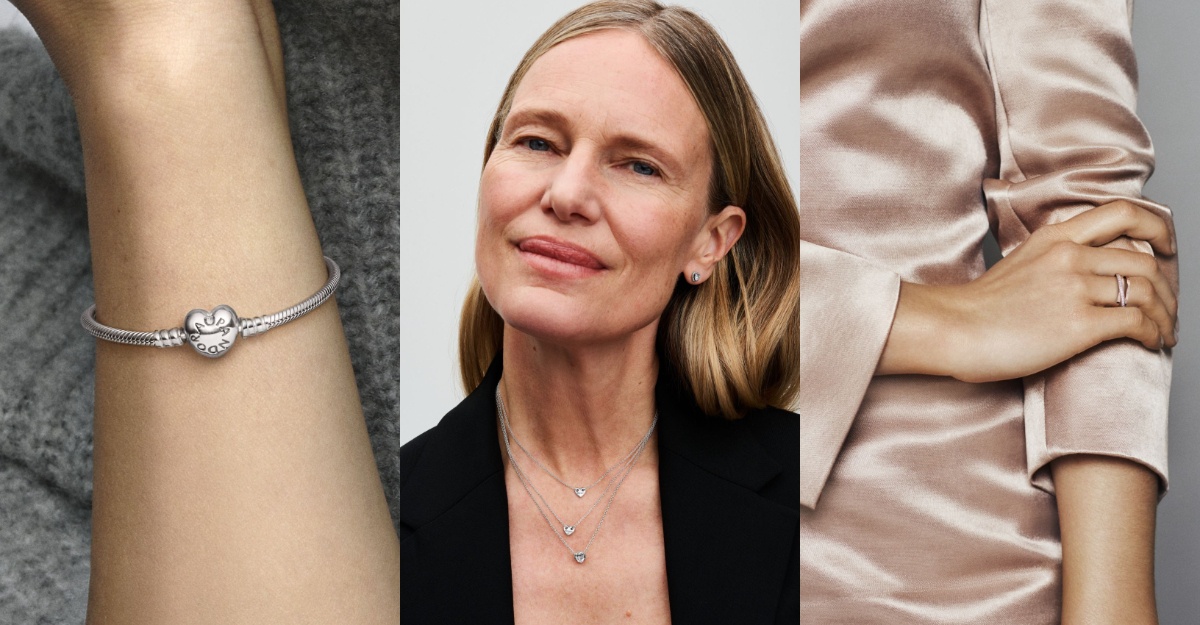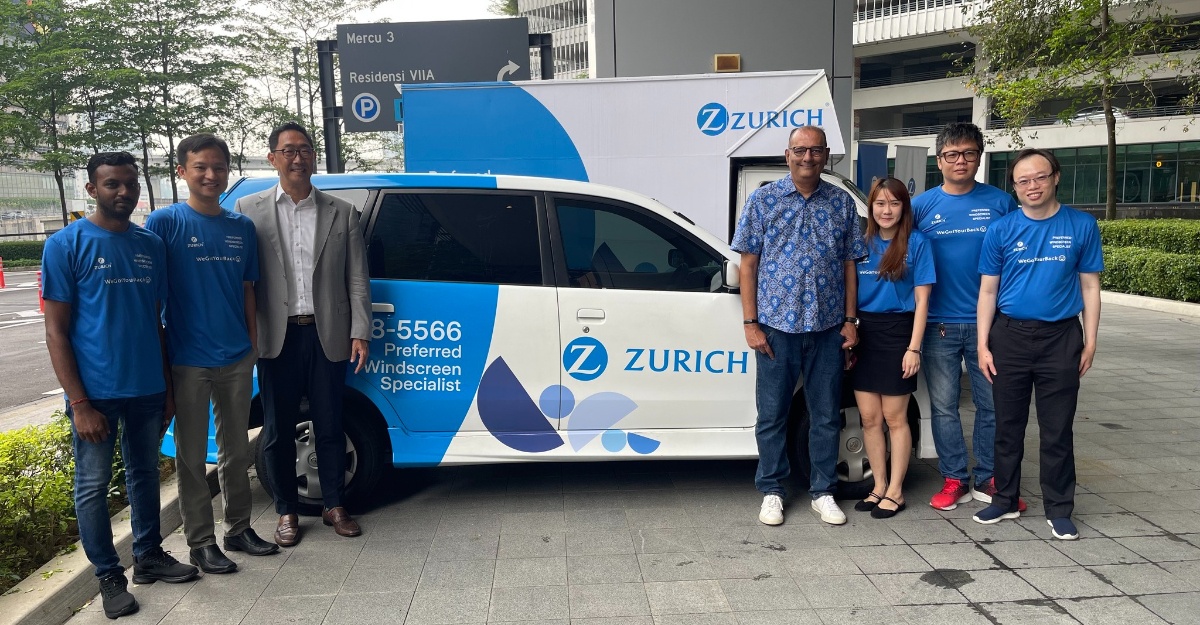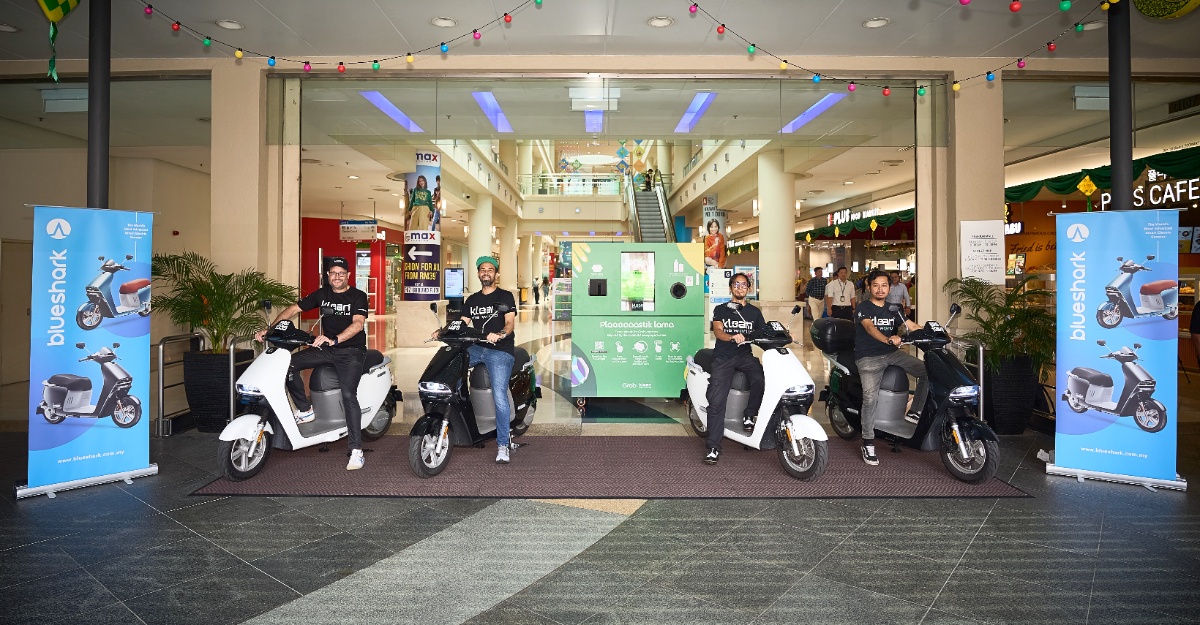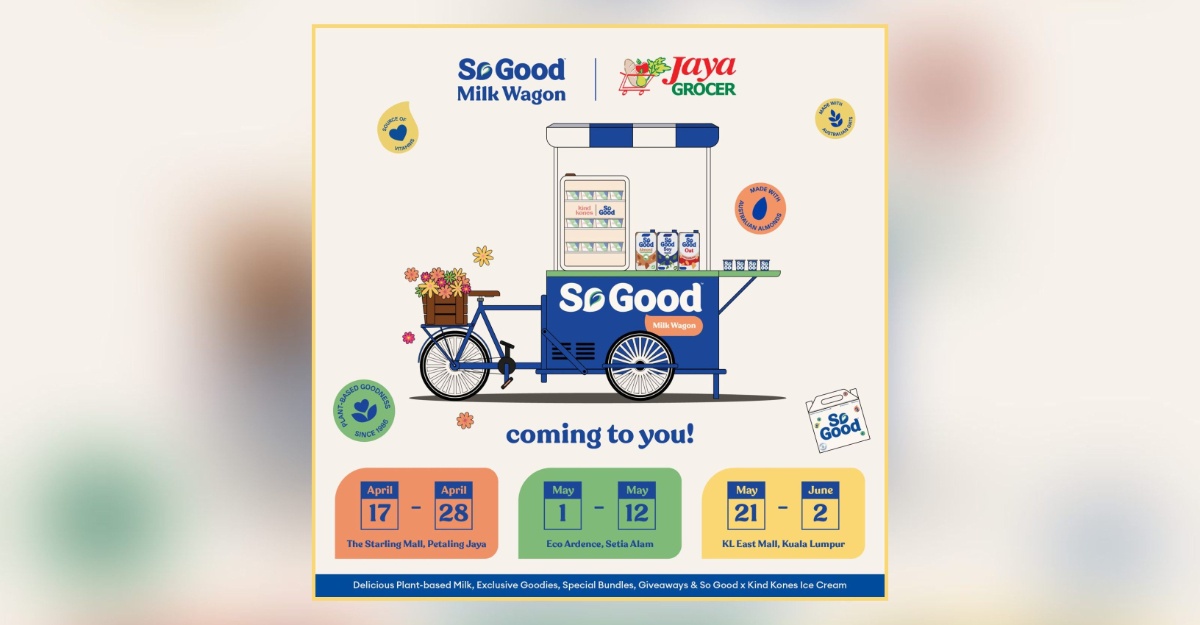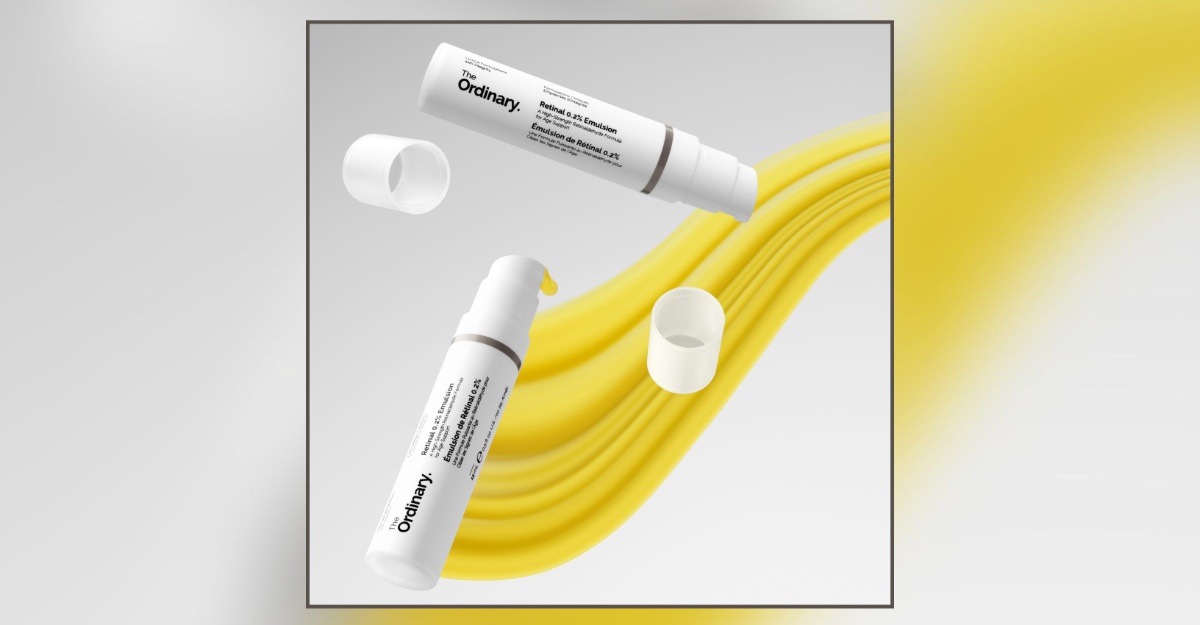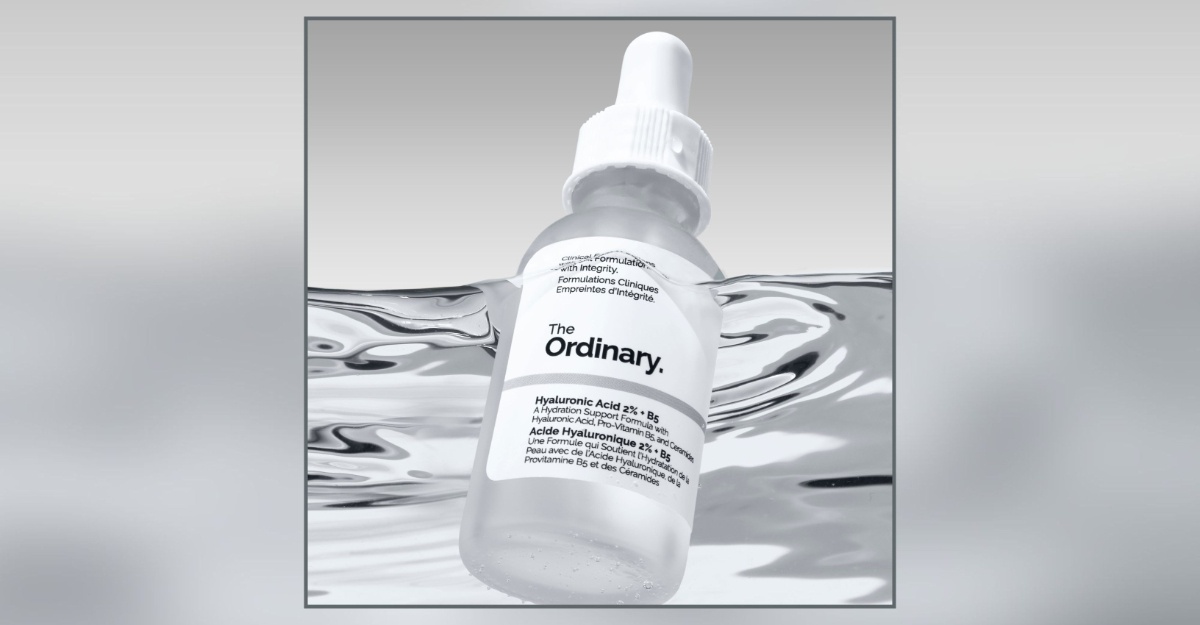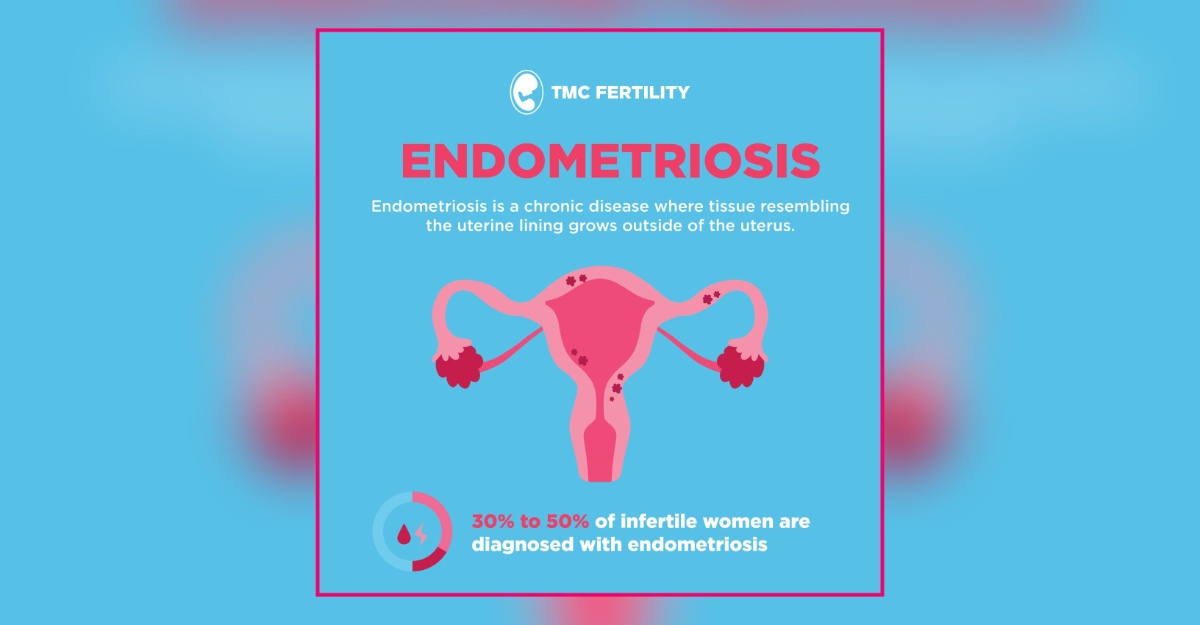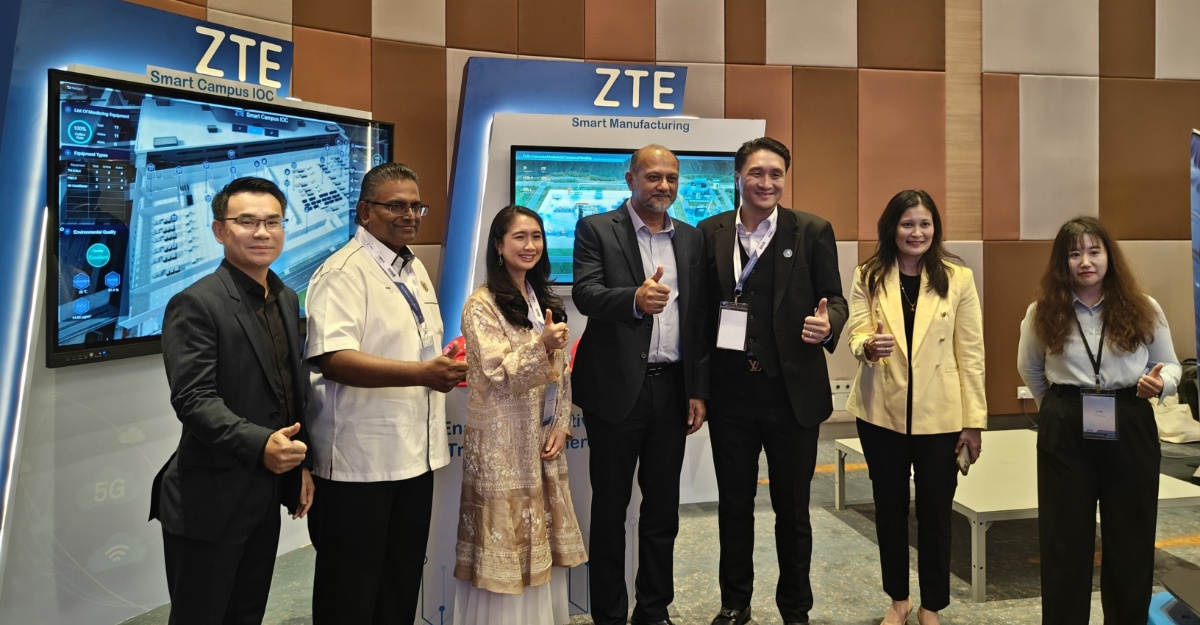KUALA LUMPUR, Oct 28 — A new rapid screening test for glaucoma could help advance early detection of the disease, a leading cause of irreversible blindness.
Developed by a research team of engineers and ophthalmologists led by RMIT University in Melbourne, Australia, the test uses infra-red sensors to monitor eye movement and can produce accurate results within seconds.
According to a statement, about 80 million people worldwide have glaucoma, with more than 111 million expected to be living with the disease by 2040.
Currently, glaucoma is diagnosed through a 30-minute eye pressure test delivered by an ophthalmologist. The new AI-powered test takes just 10 seconds to show if there is a risk of glaucoma, making it ideal for use in a national screening programme.
Lead researcher Professor Dinesh Kumar, RMIT, said early detection, diagnosis and treatment could help prevent blindness, so making screening faster and more accessible was critical.
“This research will allow a non-contact, easy-to-use and low-cost test that can perform routinely at general clinics. It could also promote a community-wide screening programme, reaching people who might not otherwise seek treatment until it’s too late,” he added.
The pioneering technology differentiates between glaucoma and healthy eyes by analysing changes in pupil size. In the study, published in IEEE Access, pupils were measured 60 times per second using a low-cost commercial eye tracker.
Under ambient light conditions, patients looked at a computer screen while custom software measured and analysed specific changes in their pupil size. The software then compared the results against existing samples of glaucoma and healthy eyes to determine the risk of glaucoma.
The team is now looking to adapt the technology to work with smartphone cameras instead of the eye tracker used in the study. They are also looking for a commercial partner ahead of a clinical trial planned for 2022.
With further research, the software could also be extended to detect other neurological conditions.
Sources: BERNAMA



